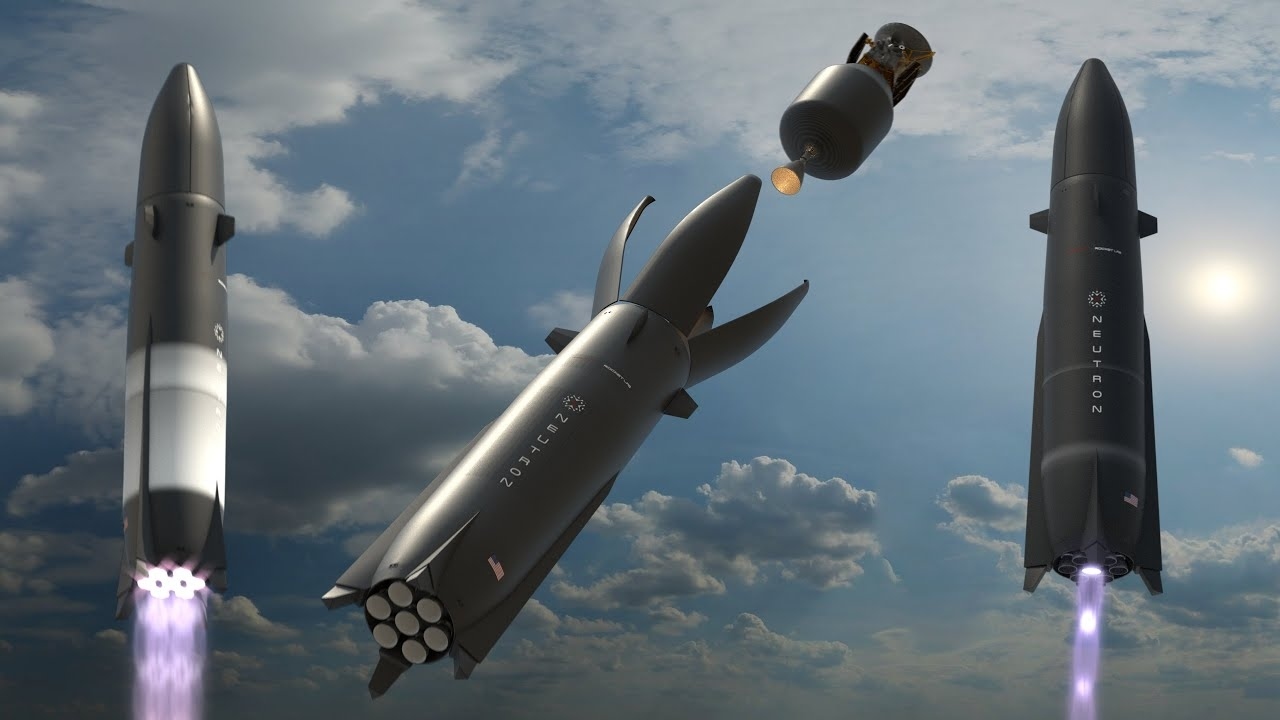Comments
- No comments found

Rocket Lab, a rising star in the space industry, has achieved a significant milestone by surpassing $100 million in quarterly revenue for the first time.
This 71% increase compared to the same quarter last year highlights the company’s rapid growth and serves as a promising indicator for its future ambitions. Among the achievements celebrated by executives during a recent earnings call, the company’s plans to establish a Rocket Lab-owned and operated satellite constellation took center stage, signaling a bold new direction for the company.
Rocket Lab’s founder and CEO, Peter Beck, has made it clear that the company’s ambitions extend far beyond being a mere launch provider. Beck envisions Rocket Lab as an “end-to-end space company,” a goal that the company is steadily moving toward. The development of an in-house satellite constellation is a key component of this strategy, positioning Rocket Lab to compete with industry giants like SpaceX, which has achieved remarkable success with its Starlink constellation.
By owning both the launch vehicles and the satellites, Rocket Lab aims to create a vertically integrated supply chain that can outpace the competition in terms of manufacturing speed and operational efficiency. Beck emphasized this advantage during the earnings call, stating, “By owning launch and spacecraft, we’re at a distinct advantage when it comes to establishing our own space capabilities or constellations. We can build and launch our own spacecraft at cost, and we don’t have to wait in line for limited launch capacity. We completely avoid the pain point that most constellation operators face: being at the mercy of suppliers on cost and schedule, often causing deeply disruptive delays and bringing capability online at scale.”
Central to Rocket Lab’s constellation plans is the successful development and deployment of its medium-lift Neutron rocket. The company has set an ambitious goal of launching Neutron for the first time by mid-2025. If achieved, this timeline would make Neutron the fastest commercially developed vehicle to go from a clean-sheet design to market for its weight class, a significant accomplishment in the competitive space industry.
Neutron is designed to be a direct competitor to SpaceX’s Falcon 9, which currently dominates the medium-lift launch market. With a payload capacity of 13,000 kilograms, Neutron is well-positioned to meet the growing demand for launch services, particularly among companies planning large-scale satellite constellations. Beck addressed the competitive landscape during the earnings call, acknowledging SpaceX’s dominance while expressing confidence in Neutron’s potential to disrupt the market. “Neutron is best placed to be the rocket that disrupts this monopoly,” Beck said. “We have a proven track record of building and launching a reliable vehicle that became a market leader. Through this experience, we’ve been able to work incredibly closely with customers to design a new rocket that meets their needs, resulting in a customer-led design, and we’re on track to bring that to market at an incredibly rapid timeline.”
The development of Neutron is progressing steadily, with all major components now under production and qualification. A critical milestone was achieved earlier this month with the successful “hot-fire” test of the new Archimedes engine, which will power Neutron. Conducted at the company’s test complex within NASA’s Stennis Space Center in Mississippi, the test saw the Archimedes engine fired up beyond full power on a test stand for the first time. This achievement paves the way for a full qualification campaign and the manufacturing of additional engines. Despite the progress, there is still significant work to be done, including the establishment of launch infrastructure and integrated tests of the rocket itself. However, Beck remains confident that the company is on track to meet its mid-2025 launch target.
While Rocket Lab is often perceived as primarily a launch provider, the company’s business is much more diversified. Beck took the opportunity during the earnings call to clarify this misconception, highlighting that launch services represent just one part of Rocket Lab’s operations. The company’s “space systems” segment, which includes satellites, software, and components, has become an increasingly important revenue driver.
In the second quarter alone, Rocket Lab generated $106 million in revenue, with $29.4 million coming from launch services and a substantial $77 million from space systems. This balance underscores the company’s strategic shift toward offering a broader range of space-related products and services, positioning Rocket Lab as a more versatile player in the industry.
Looking ahead, Rocket Lab expects to generate nearly the same amount of revenue in the next quarter, signaling continued strong performance. The company ended the quarter with $547 million in cash-on-hand, providing a solid financial foundation for its ambitious growth plans.
To support its ambitious constellation plans and broader strategic goals, Rocket Lab is likely to continue pursuing acquisitions. Beck hinted at this during the earnings call, suggesting that strategic acquisitions will play a key role in the company’s efforts to expand its capabilities and accelerate its growth. While he did not provide specific details about potential targets, it is clear that Rocket Lab is focused on building out its end-to-end space capabilities, leveraging both organic growth and acquisitions to achieve its objectives.
Rocket Lab’s impressive financial performance and ambitious plans for the future underscore its growing influence in the space industry. The company’s vision of becoming an end-to-end space provider, coupled with its progress in developing the Neutron rocket and expanding its space systems offerings, positions Rocket Lab as a formidable competitor in the years ahead.
As the company continues to innovate and expand its capabilities, Rocket Lab is well on its way to achieving its goal of becoming a leading player in the space industry, with the potential to disrupt established players and shape the future of space exploration and satellite deployment.
Leave your comments
Post comment as a guest